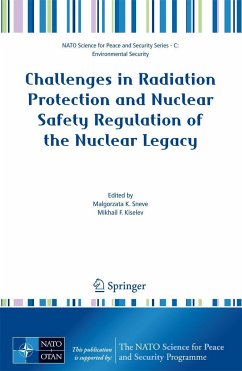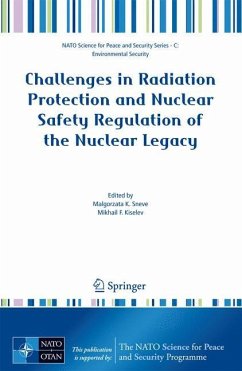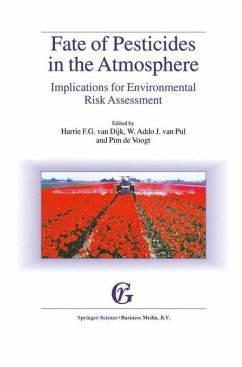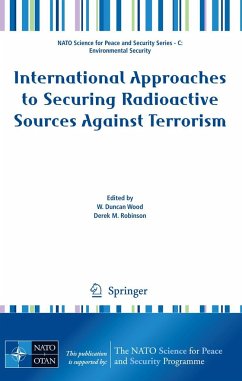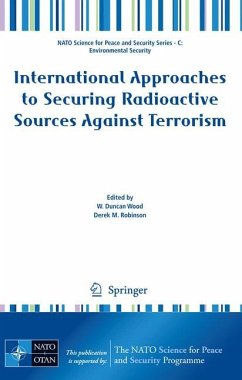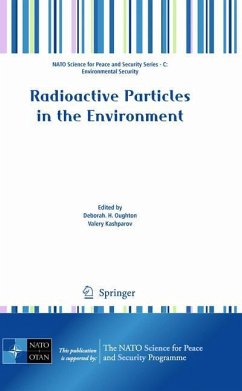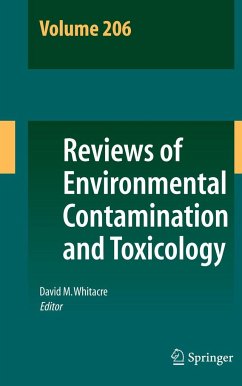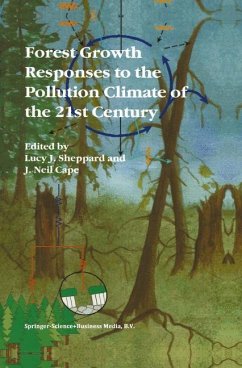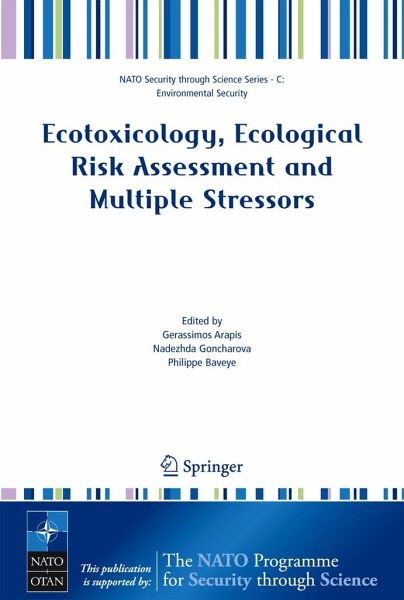
Ecotoxicology, Ecological Risk Assessment and Multiple Stressors
Versandkostenfrei!
Versandfertig in 6-10 Tagen
226,99 €
inkl. MwSt.
Weitere Ausgaben:

PAYBACK Punkte
113 °P sammeln!
The science of ecotoxicology and the practice of ecological risk assessment are evolving rapidly. Ecotoxicology as a subject area came into prominence in the 1960s after the publication of Rachel Carson's book on the impact of pesticides on the environment. The rise of public and scientific concern for the effects of chemical pollutants on the environment in the 1960s and 1970s led to the development of the discipline of ecotoxicology, a science that takes into account the effects of chemicals in the context of ecology. Until the early 1980s, in spite of public concern and interest among scien...
The science of ecotoxicology and the practice of ecological risk assessment are evolving rapidly. Ecotoxicology as a subject area came into prominence in the 1960s after the publication of Rachel Carson's book on the impact of pesticides on the environment. The rise of public and scientific concern for the effects of chemical pollutants on the environment in the 1960s and 1970s led to the development of the discipline of ecotoxicology, a science that takes into account the effects of chemicals in the context of ecology. Until the early 1980s, in spite of public concern and interest among scientists, the assessment of ecological risks associated with natural or synthetic pollutants was not considered a priority issue by most government. However, as the years passed, a better understanding of the importance of ecotoxicology emerged and with it, in some countries, the progressive formalization of an ecological risk assessment process. Ecological risk assessment is a conceptual tool for organizing and analyzing data and information to evaluate the likelihood that one or more stressors are causing or will cause adverse ecological effects. Ecological risk assessment allows risk managers to consider available scientific information when selecting a course of action, in addition to other factors that may affect their decision (e. g. , social, legal, political, or economic). Ecological risk assessment includes three phases (problem formulation, analysis, and risk characterization).





